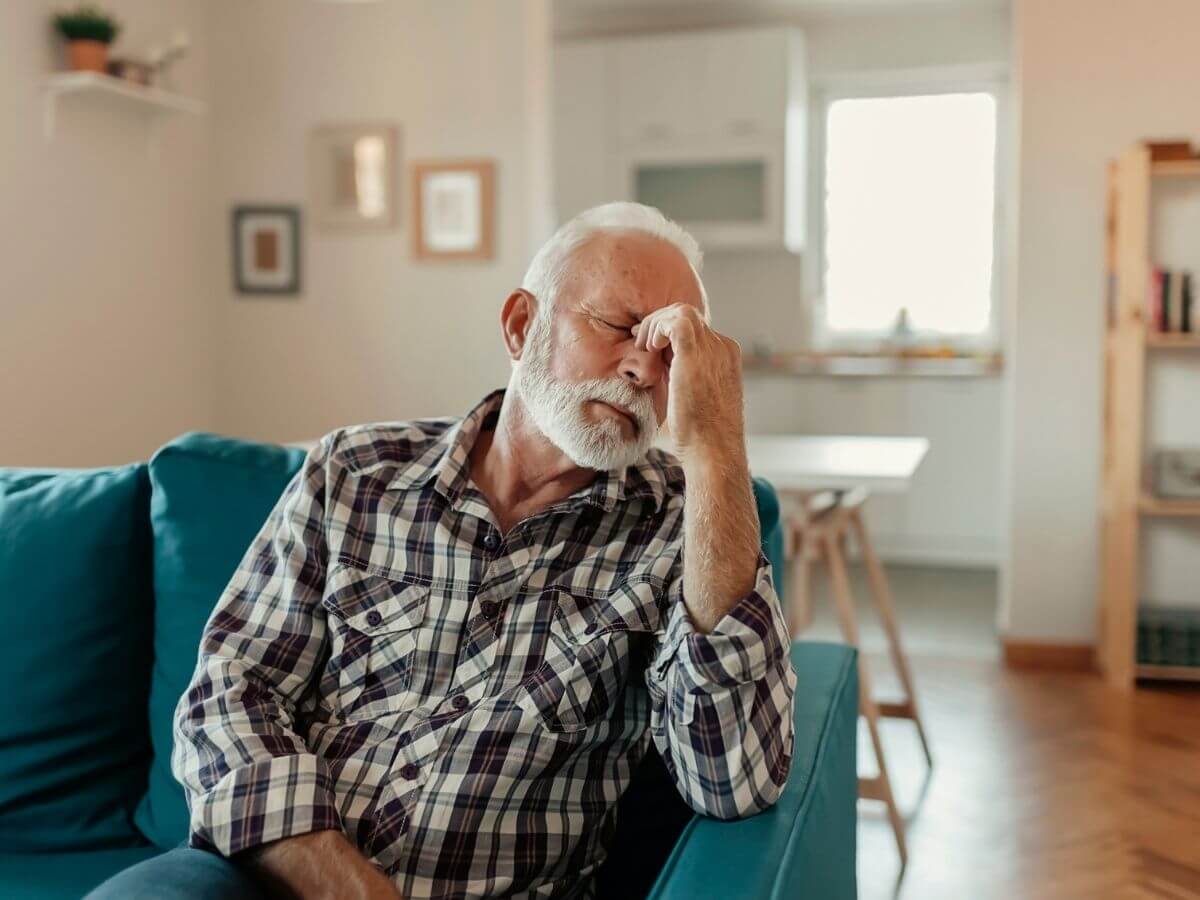Menopause and Bone Loss: Preventing Postmenopausal Osteoporosis

Osteoporosis is a common problem that causes your bones to become abnormally thin, weakened, and easily broken. Women are more at risk for osteoporosis in general and that risk increases after menopause due to lower levels of estrogen, a hormone that helps maintain bone mass. Here we’ll outline why menopause can cause osteoporosis and tips to prevent the onset of osteoporosis after menopause.
Why Does Menopause Cause Osteoporosis?
When women stop ovulating, monthly menstruation stops, and estrogen levels dramatically decrease. As much as 50% of a woman’s total bone loss occurs during the first 10 years of menopause. The lack of estrogen, a natural consequence of menopause, is directly related to a decrease in bone density and can lead to osteoporosis.
Women who are at a greater risk of postmenopausal osteoporosis include those who:
- Reach menopause before age 45
- Experience long times between menstrual periods
- Have otherwise irregular periods
Tips for Preventing Osteoporosis After Menopause
Fortunately, there are some things you can do to help prevent osteoporosis after menopause. By thinking ahead and practicing the following tips while you’re younger, you can help build bone strength, which can make the effects of menopause and estrogen loss less severe.
- Consuming a healthy diet. An optimal diet for bone health involves making sure you get plenty of protein, vitamin D, and calcium.
- Calcium. Your calcium intake should be at least 1,000 mg per day, with a recommendation of 1,200 mg per day for postmenopausal women. Milk, cottage cheese, yogurt, and green vegetables (broccoli and kale) are dietary sources of calcium. If your diet doesn’t provide enough calcium, you can take supplements to make sure you’re getting enough.
- Vitamin D. Similar to calcium, proper intake of vitamin D can reduce the risk of osteoporosis. Milk, salmon, orange juice, yogurt, and cereal are dietary sources of vitamin D. If you’re not getting enough vitamin D in your diet, you can take supplements to ensure you get the right level.
- Exercise. Exercising for at least 30 minutes three days a week can help maintain bone density. Recommended exercises include strength training, walking/jogging, and jumping rope. Exercise strengthens your muscles and improves your balance, which makes it less likely that you’ll fall and possibly fracture a bone.
- Reduce alcohol intake. Limiting your alcohol intake to no more than two drinks a day or less can reduce the risk of fractures.
- Avoid smoking. Avoiding or quitting smoking is recommended for bone health because it’s known to speed bone loss.
- Avoid falls. Falling significantly increases the risk of osteoporotic fractures in older adults. Avoiding situations where the risk of falling is higher can help maintain bone health.
Learn More About Menopause and Osteoporosis with Baptist Health
If you want more information about postmenopausal osteoporosis, find your nearest Baptist Health Women’s Health provider today.
Useful Resources and Next Steps:
Ladies, Listen Up!
7 Women’s Health Screenings & Check Up Exams
4 Tips for Building Muscle As a Woman
Why Is Lupus More Common in Females?



